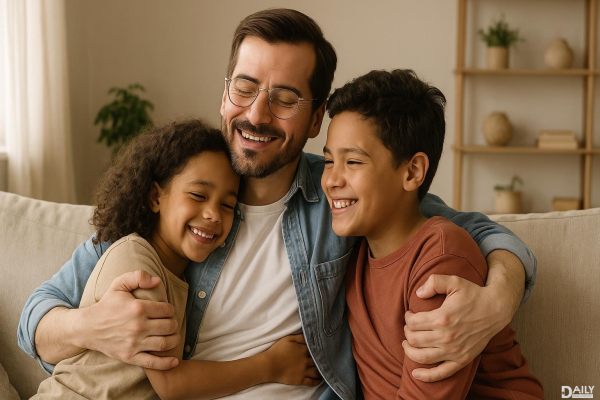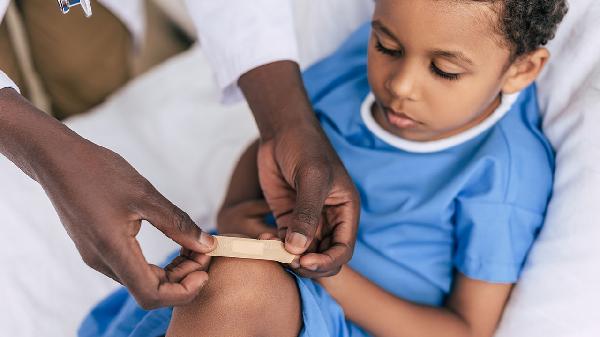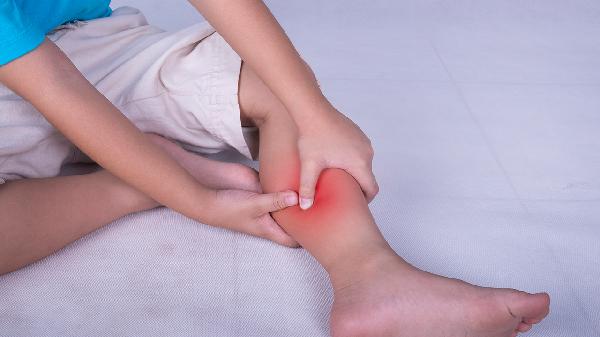Becoming the best dad your kids will ever have isn’t about perfection—it’s about presence, patience, and a whole lot of love mixed with a dash of dad jokes. It starts with showing up, not just physically but emotionally, mentally, and even when you’re exhausted from a long day. The best dads aren’t the ones who never make mistakes; they’re the ones who learn from them, apologize when needed, and keep trying to do better. Whether you’re a new dad or a seasoned pro looking to level up, the journey to greatness is all about intentionality, connection, and a willingness to grow alongside your kids.

Kids don’t need a superhero—they need a dad who’s present. That means putting down the phone during dinner, actually listening when they ramble about their Minecraft world, and being there for the small moments as much as the big ones. Research shows that kids with engaged dads have better emotional regulation, higher self-esteem, and even perform better academically. But here’s the kicker: presence isn’t passive. It’s asking questions, remembering their friends’ names, and knowing which dinosaur is their current favorite (even if you have to Google how to pronounce “Parasaurolophus”). Pro tip: Schedule one-on-one time with each kid regularly—whether it’s a Saturday pancake tradition or a walk around the block—to build those irreplaceable bonds.
Great dads operate on a unique wavelength—call it Dad-ology. It’s equal parts protector, cheerleader, and slightly embarrassing hype man. This means teaching life skills without micromanaging, like letting them fail at tying their shoes a few times before stepping in. It’s knowing when to be the voice of reason (“Maybe don’t lick that frozen pole”) and when to lean into the chaos (impromptu living room fort-building at 8 PM). Psychology backs this up: Kids thrive with “authoritative” parenting—firm boundaries served with warmth and open communication. So yes, enforce bedtime, but also be the guy who occasionally says, “Screw the rules, let’s have ice cream for breakfast on your birthday.”
Parenthood is messy—sometimes it’s spaghetti on the walls, sometimes it’s emotional meltdowns during homework. The best dads roll with it. Instead of stressing over spilled juice, focus on teaching resilience. When your kid strikes out at tee-ball, resist the urge to lecture; try, “That swing looked powerful! Want to practice later?” Studies show that kids whose parents normalize mistakes develop grit and problem-solving skills. Bonus: Laughing off mishaps (like wearing mismatched socks to school drop-off) models healthy coping mechanisms. Remember, your kids won’t recall a spotless house—they’ll remember the dad who turned a ruined cake into a “volcano” with extra sprinkles.
In a world full of TikTok trends and playground politics, kids need a soft landing spot. That’s you. Create a no-judgment zone where they can admit they peed their pants at recess or confess they’re scared of the dark—without fear of ridicule. Active listening is key: Reflect their feelings (“Sounds like that really hurt”) instead of jumping to fix things. Neuroscience confirms that feeling emotionally secure helps kids’ brains develop healthier stress responses. And hey, if your teenager grunts one-word answers? Don’t take it personally. Keep the door open (literally and metaphorically); they’ll come around when they’re ready.
The myth of the “finished” dad is just that—a myth. The best fathers are lifelong learners. Read parenting books that challenge you (try “The Whole-Brain Child” for starters), apologize when you lose your temper, and ask your kids for feedback (“What’s one thing I could do better?”). Therapy isn’t just for crises; it’s a tool to break generational patterns. And here’s a secret: Your kids will notice your growth. When they see you working on patience or admitting you were wrong, they internalize that it’s okay to evolve. That’s the kind of legacy that outlasts any Father’s Day tie.
At the end of the day, the best dads aren’t measured by grand gestures but by the daily choice to love fiercely, listen deeply, and keep showing up—even on the days you feel like you’re winging it. Because here’s the truth: Your kids already think you’re the best. They just need you to believe it too.
























